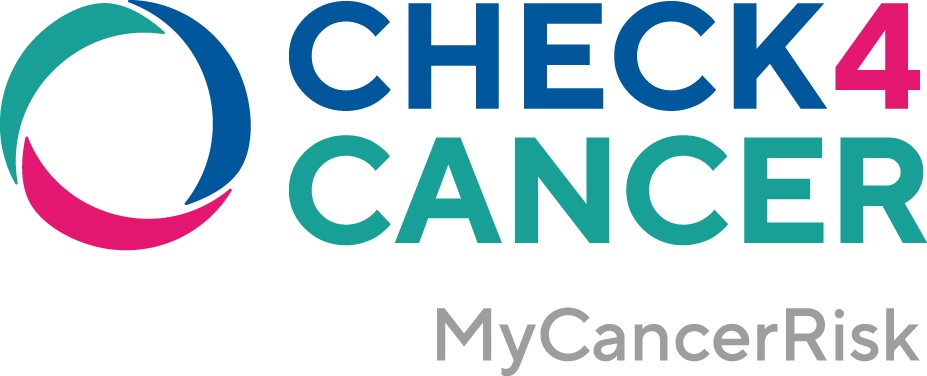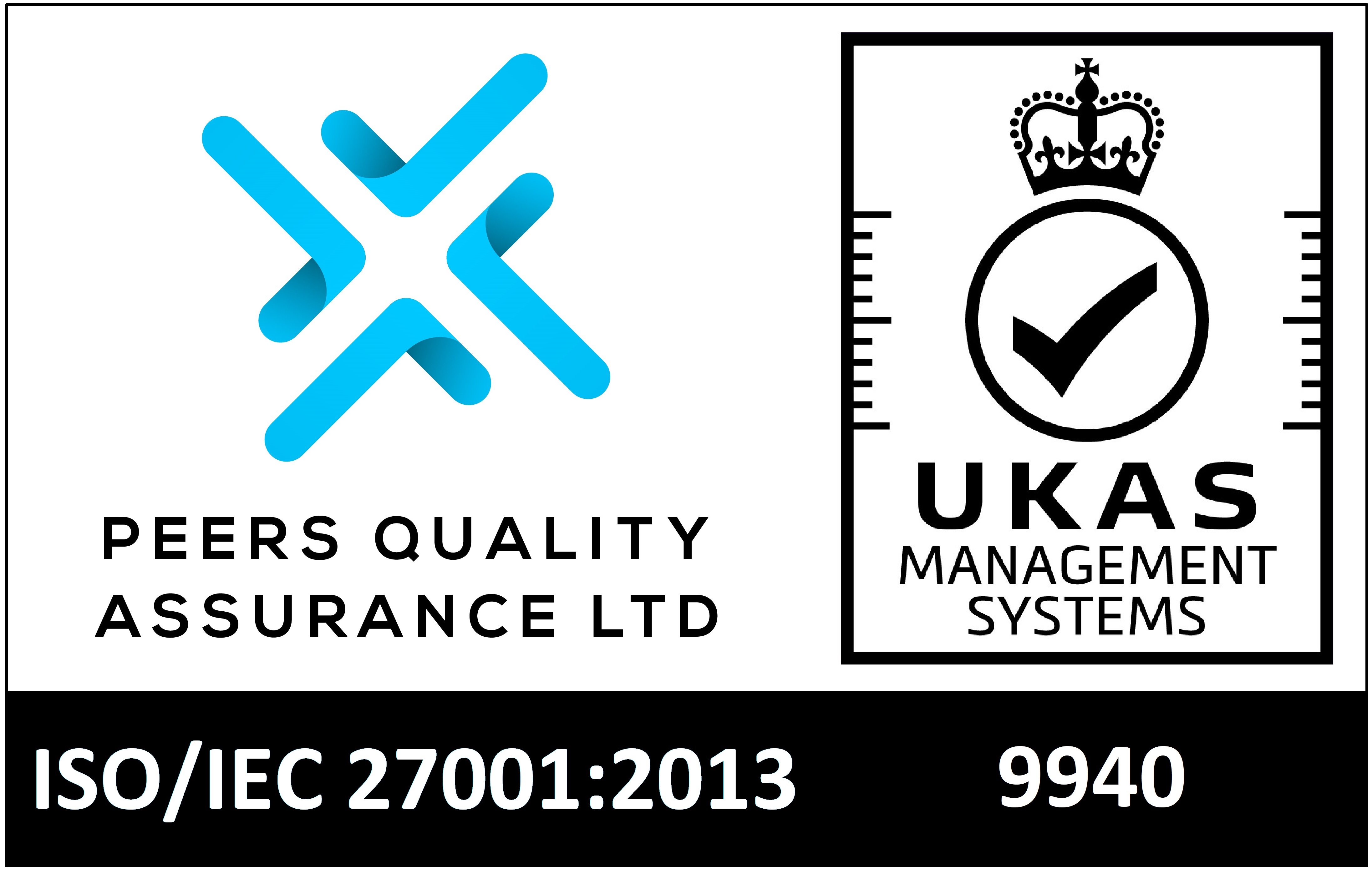World Cancer Day is marked across the world every year on the 4th February and its purpose is to raise awareness, prevention, early detection, and treatment of a disease in order to save millions of lives a year. More than one-third of cancer cases can be prevented and another third can be cured if detected early and treated properly.1
The UK has a goal to improve overall 10-year cancer survival from 50% to 75% by 2030. The NHS is currently under significant strain to meet this target due to the impact of the pandemic and its devasting effect on cancer services in the UK.
The pandemic and its impact on cancer services in the UK
Cancer survival rates in the UK are set to reach their lowest in 15 years, with over 3 million people missing routine cancer screening appointments in England during the pandemic – a service which normally diagnoses around 400 cancers a week. The disruption to cancer services during the pandemic has resulted in a backlog in cancer screening, cancer diagnoses and subsequent delays in cancer treatments. These delays have been followed by a 6.8% increase in the diagnosis of late and terminal, stage 4 cancer diagnoses. The current backlog is estimated to be causing 3-6 months of delays to cancer diagnoses and treatment, contributing to 4,700 otherwise avoidable deaths2.
Concerns over delays to diagnosis and treatment during the pandemic remain, so keeping an eye out for any symptoms or unusual changes to your body and seeing your GP or cancer specialist as soon as possible is essential.
Early diagnosis could save your life
For most cancers, survival is much higher if the cancer is detected as early as possible3. An early diagnosis means the cancer is less developed and has not yet spread to other parts of the body. This usually means the treatment required is less invasive with fewer side effects and can lead to complete remission. Screening plays a vital role in early diagnosis as it means cancers can be found at the earliest stages, before any symptoms are observed. In cervical cancer for example, if diagnosed at an early stage, up to 90% of women aged under 40 will survive. This statistic is even more positive for those attending regular HPV screening for whom cervical cancer is almost 100% preventable.
The handy infographic below shows you the seven typical cancer symptoms that you should be aware of which cover the six most common cancers in the UK, which are bowel, breast, cervical, prostate, lung and skin cancers.

Adopting a healthier lifestyle can have a big impact
Did you know that more than 40% of all cancers diagnosed in the UK are attributed to lifestyle and environmental factors4 and that 42% of cancers in the UK are preventable!
At Check4Cancer we firmly believe that education, awareness, and prevention is key to how you can reduce your cancer risk. For example, with bowel cancer 54% of cases are preventable and there is strong evidence that a diet high in red and processed meat can increase your risk of bowel cancer.
You can take preventive measures in your lifestyle choices to help minimise your cancer risk, positive examples that you can make are:
- Reducing your weight if overweight or obese
- Having a healthy diet, such as eating plenty of fruits, vegetables and whole grains and limiting foods that are high in salt, sugar and fat and avoiding processed meat and limiting red meat
- Reducing your alcohol intake
- Stopping smoking – find out more about starting a smoking cessation programme with the NHS by clicking here
- Exercising regularly
Early detection and screening for cancer has never been so important. If you’re concerned about the symptoms of cancer, please visit our Advice and Awareness page here.
Origins of World Cancer Day 5
World Cancer Day was born on the 4 February 2000 at the World Summit Against Cancer for the New Millennium in Paris. The Paris Charter aims to promote research, prevent cancer, improve patient services, raise awareness and mobilise the global community to make progress against cancer, and includes the adoption of World Cancer Day.
References
1 https://www.worldcancerday.org/why-cancer
2 https://www.annalsofoncology.org/article/S0923-7534(20)39825-2/fulltext
3 https://www.bmj.com/content/364/bmj.l408
4 https://www.cancerresearchuk.org/health-professional/cancer-statistics/risk/preventable-cancers#heading-Two
5 https://www.worldcancerday.org/our-story




